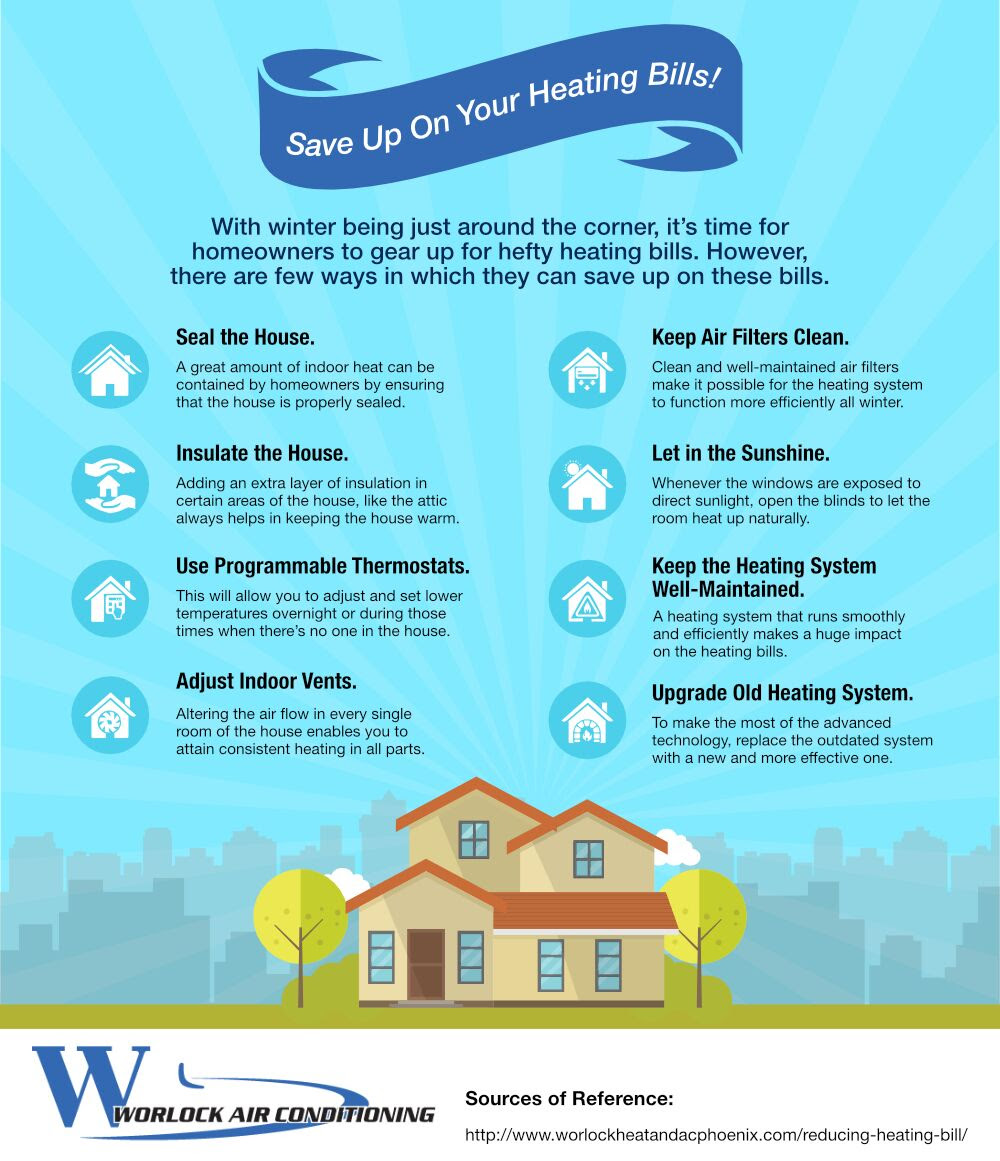Examining Climate'S Function In Heatpump Effectiveness And Referrals For Optimization
Examining Climate'S Function In Heatpump Effectiveness And Referrals For Optimization
Blog Article
Uploaded By- https://docs.google.com/spreadsheets/d/1RCMijeK7K0ksLIXQ7aQ602soOD67UspRjhN5gZVat_Q/edit?gid=1807634895#gid=1807634895
When it involves your heat pump, weather condition plays a critical function in its efficiency. From freezing temperatures to sweltering heat, each aspect can impact exactly how efficiently your system runs. However what can you do to combat these weather-related challenges and ensure your heat pump is operating at its ideal? Remain tuned to discover functional ideas and techniques to maximize your heat pump's performance, despite the weather it encounters.
Weather Condition Factors Influencing Heatpump Effectiveness
Weather variables have a considerable effect on the effectiveness of heatpump. One important variable is temperature level. Heat pumps work by moving warm from outdoors to within during winter and the other way around in summer. As temperature levels decrease, it ends up being harder for the heat pump to essence warmth from the outside air, minimizing its efficiency.
One more crucial element is moisture. have a peek here can make it much more challenging for the heat pump to release warm during the cooling procedure.
Furthermore, wind speed plays a role. Solid winds can dissipate the heat taken in or launched by the heat pump, influencing its overall performance.
Tips for Optimizing Heat Pump Performance
To boost the effectiveness and long life of your heat pump, carrying out a few vital methods can make a substantial difference in its efficiency.
First of all, ensure regular upkeep by cleansing or changing filters every 1-3 months to prevent airflow obstructions and optimize air flow. Additionally, timetable annual specialist evaluations to find and resolve any kind of prospective problems early on.
Optimum thermostat settings also play a crucial function. Throughout the wintertime, go for a temperature level setting that's as low as comfy, and throughout the summer season, set it as high as comfortable to reduce the work on your heat pump. Utilizing a programmable thermostat can aid you automatically readjust settings based upon your schedule.
In addition, sealing leaks in ductwork and protecting air ducts in unconditioned spaces can stop energy loss and boost overall system performance.
Last but not least, take into consideration setting up a clever thermostat that can learn your routines and readjust setups as necessary, more enhancing your heat pump's performance. By following these pointers, you can guarantee your heatpump runs efficiently and effectively throughout the year.
Best Practices for Weatherproofing Your Heat Pump
For ideal performance and performance of your heatpump, applying weatherproofing procedures is necessary. Begin by sealing any type of voids or splits around doors, home windows, and ductwork to avoid heat loss and keep a consistent indoor temperature.
Shield subjected pipes and ducts to avoid cold during cold weather and make certain proper airflow. Take into consideration mounting a protective cover over the outside device to shield it from harsh climate elements like snow, ice, and particles.
Regularly tidy the outside system to eliminate dirt, leaves, and debris that can obstruct airflow and decrease efficiency. In addition, keep the location around the heat pump free from snow, ice, and greenery to allow for correct ventilation.
Final thought
Since you comprehend how weather condition affects your heatpump performance, you can take proactive actions to maximize its performance. By adhering to the pointers outlined in this short article, such as routine maintenance, thermostat changes, and weatherproofing measures, you can ensure that your heatpump operates at its best despite the climate condition. Stay successful and keep your home comfortable all the time.
